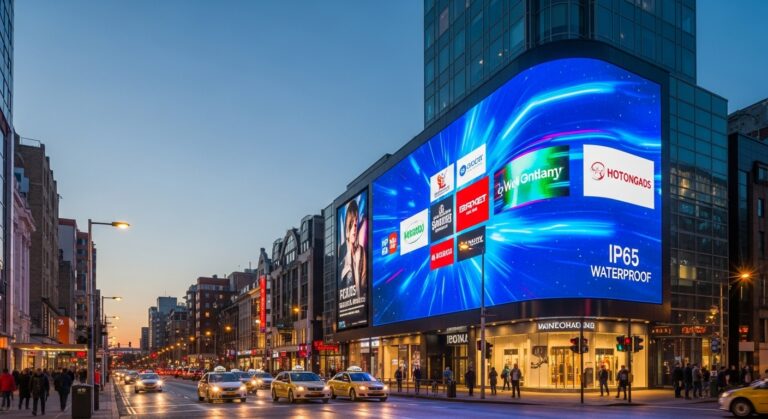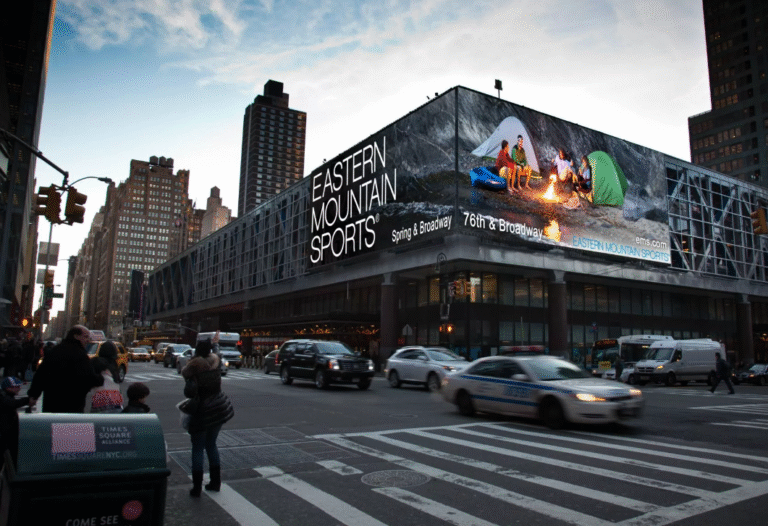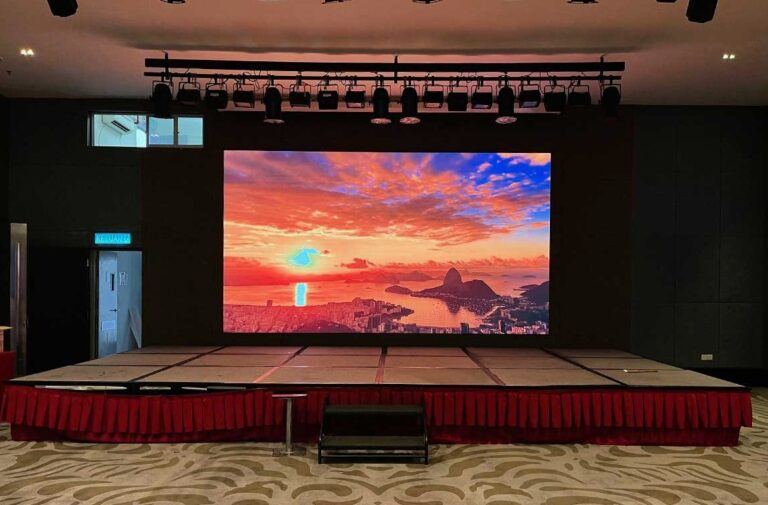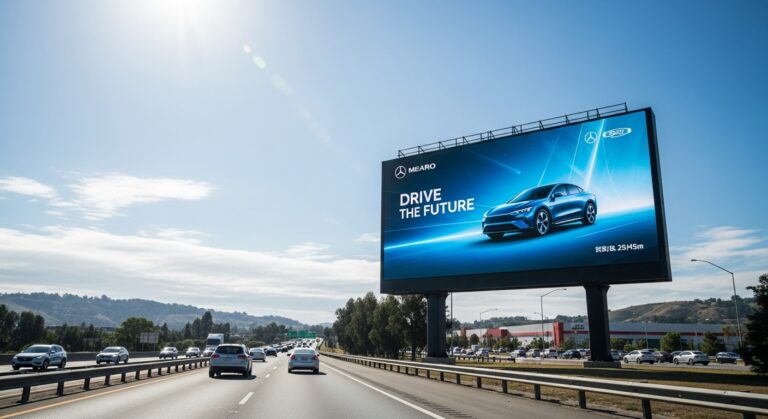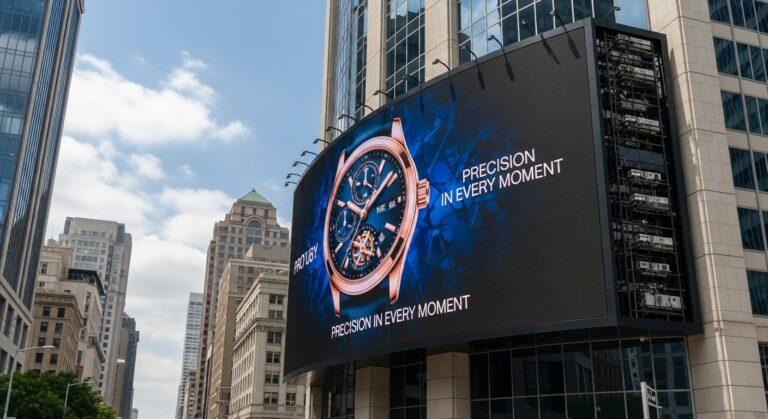Table of Contents
ToggleTable of Contents
-
The Role and Value of LED Rental Screens in Annual Events
-
LED Rental Screens vs. Traditional Display Equipment
-
Common Types of LED Rental Screens for Event Stages
-
Features and Applications of Popular LED Rental Screen Types
-
How to Choose the Right LED Rental Screen for Your Event
-
Key Considerations When Renting LED Screens
-
Cost Components and Pricing Factors
-
sPad pro2: Expanding the Creative Possibilities of Event Stages
-
Conclusion: Elevate Your Annual Event with LED Rental Screens
An annual event is a major occasion for any company. It summarizes the past year, sets expectations for the future, unites teams, boosts morale, and showcases the brand. A well-executed event does more than communicate information—it creates an emotional connection and leaves a lasting impression.
However, traditional projectors or simple printed backdrops often fall short of meeting today’s expectations for impact and immersion. Their performance is easily compromised by ambient light, limited screen size, and insufficient clarity—all of which weaken the effectiveness of communication.
LED display technology, on the other hand, has rapidly become the preferred solution for modern annual events. With high brightness, high contrast, vivid colors, seamless splicing, and versatile configurations, LED screens can transform any venue into an immersive environment filled with artistic and technological flair.
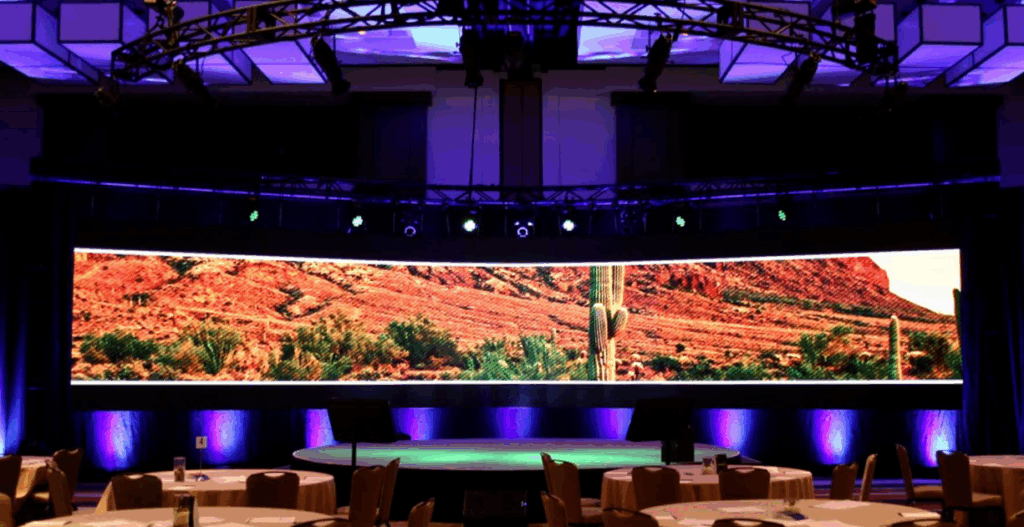
1. The Role and Value of LED Rental Screens in Annual Events
a. Strengthen brand messaging
High-resolution displays presenting the company’s logo, history, and roadmap help enhance employee pride and strengthen partner confidence.
b. Enhance stage performance
LED screens support real-time background switching, animations, and lighting effects—significantly enhancing stage presentations.
c. Real-time information display
Live raffles, interactive sessions, and announcements can be instantly shown on the screen, boosting engagement and participation.
2. LED Rental Screens vs. Traditional Display Equipment
| Feature / Device | LED Rental Screen | Projector | LCD Video Wall |
|---|---|---|---|
| Brightness | Very high; suitable for any ambient lighting | Low; easily affected by light | High; but not as bright as LED |
| Contrast | Excellent; rich image depth | Low; looks washed out | Good; but limited in details |
| Color accuracy | Vibrant and realistic | Low saturation; easily shifts | Good; may have color inconsistencies |
| Screen size | Fully customizable; infinitely scalable | Limited; requires long distances | Limited by fixed panel size |
| Seamless display | Truly seamless | Blending issues may occur | Visible bezels |
| Ambient light adaptability | Excellent | Poor | Moderate |
| Installation | Fast and modular | Simple but requires setup | Time-consuming; requires calibration |
| Content updates | Real-time, remote control | Must connect to computer | Must connect to computer |
| Maintenance | Covered by rental company | High lamp replacement cost | Easier parts but complex setup |
| Creative shapes | Supports curves, waves, circles, etc. | Flat only | Flat only |
3. Common Types of LED Rental Screens for Annual Event Stages
a. Indoor Full-Color LED Rental Screens
High resolution, vivid colors, and fast setup make them ideal for most event stage backgrounds.
b. Fine-Pitch HD LED Screens
Pixel pitch between P1.2–P2.5, offering TV-level clarity. Great for high-end events or close-up viewing.
c. Creative-Shaped LED Screens (circular, wave-shaped, etc.)
Perfect for visually artistic events. Custom shapes—such as circular hanging screens or wave-shaped walls—can significantly amplify stage aesthetics.
4. Features and Applications of Popular LED Rental Screen Types
| Type | Pixel Pitch | Typical Applications | Core Features | Visual Effect |
|---|---|---|---|---|
| Indoor Full-Color LED | P2.9–P4.8 | Corporate events, awards, product launches | Modular, fast setup, cost-effective | Sharp visuals and vivid colors |
| Fine-Pitch HD LED | Below P2.5 | Main stage screens, speeches, premium presentations | Ultra-high resolution, HDR support | Highly detailed and immersive |
| Creative LED Screens | P3–P6 (varies) | Theme events, immersive zones | Customizable shapes, artistic displays | Bold, unique, visually striking |
5. How to Choose the Right LED Rental Screen for Your Event
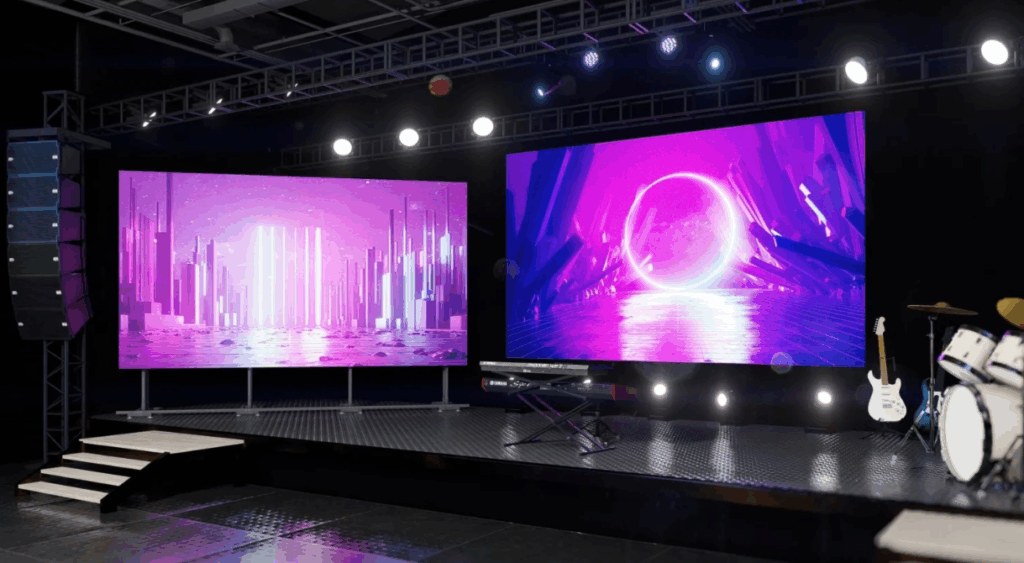
Selecting the correct LED screen is crucial. Consider these factors:
Venue size and viewing distance
Pixel pitch determines image clarity and ideal viewing distance:
SoStron’s guideline:
Minimum viewing distance (m) = pixel pitch × 1
Optimal viewing distance (m) = pixel pitch × 2
Smaller pixel pitch delivers better clarity but at a higher cost. However, beyond a certain point, visual improvement becomes minimal while expenses rise significantly. Choosing a “just-right” pixel pitch ensures the best balance of quality and budget.
Content requirements
Different content types have different technical needs:
• High-resolution videos require fine-pitch screens
• High refresh rate (e.g., 7680Hz) ensures smooth motion
• HDR enhances color vibrancy
• Creative screens require early planning
Advanced processors such as NovaStar HELIOS even support 8K input.
Ultimately, content should drive the technical choice, not vice versa.
6. Key Considerations When Renting LED Screens
a. Book early and schedule a site inspection
Peak season is December–January. Reserve at least one month early and conduct an on-site survey to inspect installation layout, power sources, and safety routes.
b. Power supply and structural safety
LED screens consume substantial electricity. Ensure the venue has stable power (often requiring a distribution box). All supporting structures must be professionally reinforced.
c. Playback control and technical support
Reliable providers offer complete operation services—including screen setup, playback control, troubleshooting, and teardown. Choose a package that includes technical support to minimize risks.
7. Cost Components and Pricing Factors for LED Rental Screens
| Cost Item | Pricing Factors | Notes |
|---|---|---|
| Equipment rental | Screen size, pixel pitch, screen type (standard/creative), rental duration | Main cost; priced daily or per project |
| Transportation | Distance, equipment weight/volume, transport method | Includes round-trip delivery |
| Installation & setup | Screen complexity, installation difficulty, rigging needs | More complex stages require higher labor cost |
| On-site operation team | Number of technicians, event duration | Ensures smooth playback and real-time support |
| Dismantling & removal | Dismantling time, manpower | Typically included but varies with complexity |
| Additional equipment | Processing systems, backup units, structures, trusses | Required for large or complex stage builds |
Several factors significantly impact pricing:
• Higher resolution = higher cost
• Creative LED shapes = custom pricing
• Longer rental periods reduce daily rates
• High-demand season increases overall costs
8. sPad pro2: Expanding Creative Possibilities for Annual Event Stages

The sPad pro2 is designed to push stage creativity to new heights. With its lightweight body, high-strength frame, fast-locking system, and support for curved and creative installations, it enables ambitious stage designs—not just flat displays.
Whether you’re building a wave-shaped backdrop, a curved immersive tunnel, or a large-scale main screen, the sPad pro2 provides excellent flatness, stability, and image performance. Its high brightness, high refresh rate, and superior color reproduction ensure every frame delivers maximum impact.
9. Conclusion: Elevate Your Annual Event with LED Rental Screens
In today’s corporate world, an annual event is more than a gathering—it’s a strategic opportunity to inspire teams, reinforce culture, and shape brand identity. LED rental screens bring unmatched visual impact, creative flexibility, and professional reliability to your event stage.
Whether your goal is to impress partners, energize employees, or present a forward-looking vision, the right LED screen setup can turn your event into an unforgettable experience.
References:
NAB Show exhibition technology sharing
ISE exhibition technology sharing

About Dylan Lian
Marketing Strategic Director at Sostron

